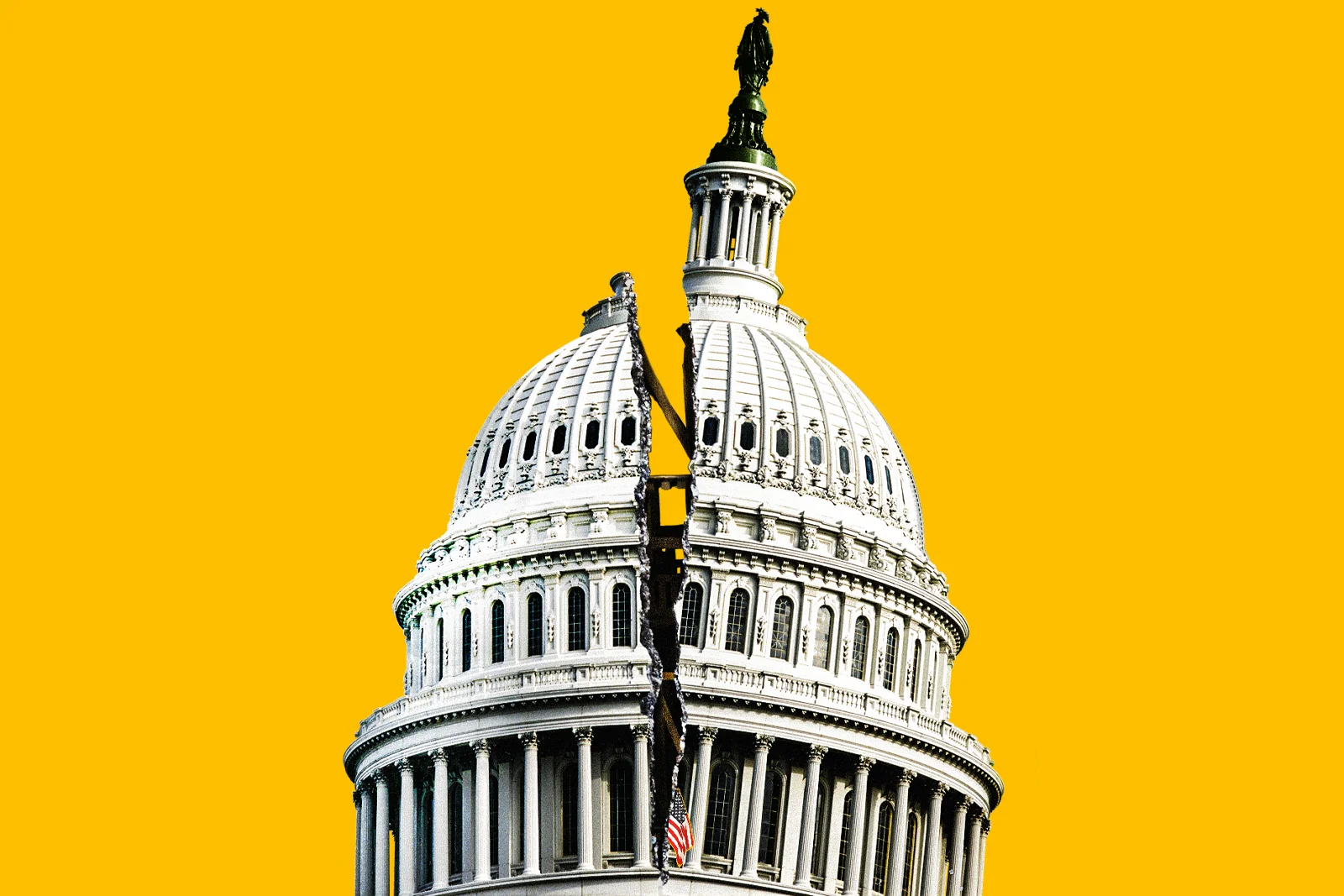
When the World’s Leading Democracy Can’t Fund Itself
When the U.S. federal government shut down at midnight on October 1, it was not just a funding lapse. It showed that keeping the government open now depends on brinkmanship, not routine budgeting. Shutdowns, once rare, are now bargaining tools. Against a $37 trillion national debt, the fight raises a blunt question: how stable can a government appear if it cannot reliably finance itself?
Partisan conflict is nothing new. Parties have always argued over taxes, healthcare, defense spending, and the scope of federal programs. What is new is the inability to agree even on a short-term deal. The procedural workarounds that once produced stopgaps are failing, and the deadlock is no longer just Democrats versus Republicans. It’s about whether U.S. governance can still deliver continuity in a moment that demands steadiness.
Each side’s priorities are real. One argues for protecting social programs, healthcare access, and federal support that millions depend on. The other warns that unchecked spending and rising deficits threaten long-term economic security and national strength. Those are legitimate debates in a democracy. But when neither side is willing, or politically able, to concede anything, the result is not principled restraint. It is a shutdown that stalls services, freezes parts of the federal workforce, and erodes public trust.
Shutdowns are often treated as a domestic spectacle. They are not. Federal agencies coordinate disaster relief, manage security partnerships, enforce sanctions, and keep aid and research programs running with allies. When offices go dark and employees are furloughed, that work slows or stops. Small businesses tied to federal contracts feel it. State and local governments waiting on approvals feel it. So do partners abroad who expect Washington to answer quickly.
Repetition magnifies the damage. Each new threat teaches the world to view U.S. policymaking as unstable. Markets hesitate, allies delay decisions, and even the perception of paralysis matters. If Washington looks consumed by internal fights, it appears less reliable in a crisis and less consistent in its commitments. That perception, even if it overstates the danger, carries real weight.
The contradiction at home is plain. The United States still presents itself as a durable global power, yet it cannot always guarantee uninterrupted services for its own citizens. The impact is immediate: delayed paychecks for federal workers, pauses in support programs for families, and stalled contracts, permits, and loans that local economies count on. These are not abstractions. They are rent payments, payroll, and city budgets.
This shutdown, like those before it, will end. Offices will reopen, pay will resume, and leaders will claim they held the line. But the cost will remain. Each round leaves behind more debt, weaker confidence, and a growing sense that governing by crisis is becoming normal. Over time, that erodes the assumption that the federal government is a steady presence at home — and a reliable partner abroad.
